The City of Harvard wins Fox Valley Branch APWA Public Works Project of the Year
Trotter and Associates congratulate the City of Harvard for being awarded the Fox Valley Branch APWA Public Works Project of the Year, Environment - $5 million to $25 million.
The City of Harvard’s Wastewater Treatment Facility was originally constructed in the late 1930s and had undergone several expansions. The expansions and upgrades relied upon attached growth technologies, which are not capable of meeting current and future NPDES Permit discharge limits. As a result, the City was under increasing pressure from the Illinois EPA to address NPDES violations. In 2014, the City teamed with Trotter and Associates to develop an evaluation of their WWTF and prepare a plan to meet their NPDES permit requirements and the future needs of the community.
The City pursued the implementation plan through land acquisition, acquiring grant and low-interest loan funding to ensure the project would be as affordable as practical for the community’s residents. The $22 million project began construction in 2021 and reached substantial completion in the fall of 2023.
These improvements included rehabilitation of the raw sewage screw pumps, raw sewage screening, grit removal system, and primary effluent pump station. The Biological Nutrient Removal (BNR) process is designed to remove organic material as well as Phosphorus and Total Nitrogen, which will meet the updated NPDES Permit Limits. The enhanced BNR process includes Return Activated Sludge (RAS) fermentation, an anaerobic zone followed by two concentric rings of the oxidation ditch. Process control utilizes Oxidation Reduction Potential (ORP) and Dissolved Oxygen (DO) Probes to monitor activity within the biological process. Adjustments are made to flow rates, mixing and aeration to optimize the nutrient removal process. The project also included construction of two tertiary clarifiers and RAS pump station to meet stricter effluent solids limits. This project has significantly improved the effluent quality from the City of Harvard’s Wastewater Treatment Facility and the City has been able to reliably meet the new NPDES Permit Limits.
The design incorporated a gravity thickener, two parallel 2-stage aerobic digesters, and a digested sludge storage tank into the oxidation ditch structure for the stabilization of biosolids produced within the process. The project included construction of a new screw press dewatering facility and solids storage barn. These improvements lower the City’s operational and disposal costs by limiting the land application of solids on agricultural land to twice per year (Spring and Fall).
Congratulations to the City of Harvard for being recognized by its peer communities for its efforts to enhance the environment and protect the public health of its residents and the residents of Illinois.

